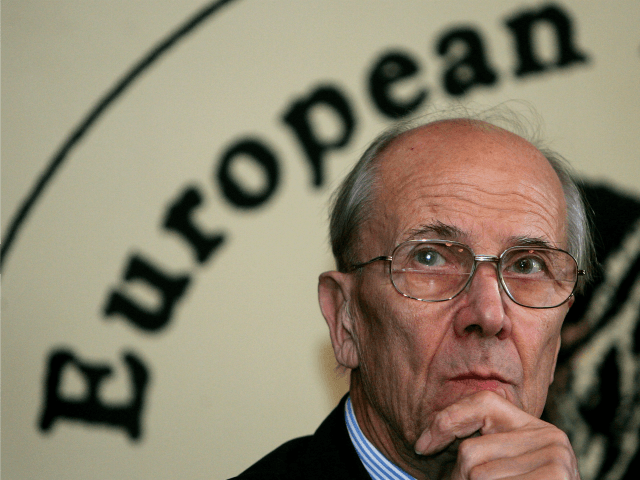Economists have a history of getting it wrong and we should not trust their opinions on Brexit, a Tory grandee has said.
Lord Tebbit, who was Chairman of the Conservative Party under Margaret Thatcher, pointed out that 364 economists famously said in 1981 that Mrs Thatcher’s economic plan threatened the UK’s political stability.
They signed a letter to The Times calling on the government to change course, but Britain’s economy started recovering soon after, leading to one of the longest-lasting booms in British economic history.
“A lot of people at the time took their views very seriously, and indeed, it proved to be wrong by Margaret Thatcher getting re-elected,” Lord Tebbit said,
“They are just offering an opinion and on the whole the economists have got it pretty wrong.
“If you look at a whole in their advising in the continent, there’s terrible unemployment, and if they had a record of success in these matters I might listen to them.”
His comments come as a poll of more than 600 economists found 88 per cent of them thought Brexit would damage the UK economy. The Daily Mail reports that a total of 61 per cent also thought unemployment would continue to rise.
Lord Tebbit joked: “I understood the Treasury were trying to exhume the 364 economists to add to their debate.”
The Treasury has been issuing numerous reports and statements warning of impending doom if Britain leaves the European Union, in a campaign dubbed “Project Fear”.
Last week, Chancellor George Osborne claimed that each household would be £4,300 a year worse off in the event of Brexit, a claim dismissed as “pure speculation” by critics.
In a report for think-tank Civitas, EU analyst Michael Burridge said Mr Osborne’s figures are based on a false assumption about how much the single market actually means for British trade.
Analysing data from the Organisation for Economic Cooperation and Development (OECD) and the International Monetary Fund (IMF), Mr Burridge found that exports into the EU’s single market from countries with no trade agreement had grown fastest, while countries within the single market, including the UK, only saw modest growth.
“For all the sound and the fury … it turns out that the exports of EU members trading with each other have not been able to grow as fast as those of countries who have avoided the entire circus, as well as the rule-making and the membership fees,” Mr Burridge said.
“It is a finding comprehensively at odds with [Treasury] estimates of the past, present and future benefits of EU membership for UK trade.”

COMMENTS
Please let us know if you're having issues with commenting.